|
It has been a great year of reading. More than once was my mind blown by something I read, either a far-out science fiction idea, a new scientific study that brought clarity, or a brilliant scholarly way of thinking about a complex issue. These books include fiction, scholarship, autobiography and even a book of sayings. It is remarkable how great things can come from so many different directions. These books are not all new releases. But I read them this year, and they all impacted me significantly. I recommend them all highly. If Nietzsche Were a Narwhal by Justin Gregg This book was one of my favorites. It combines surprising and fascinating information with a light touch and a sense of humor, so it is a delight to read. Each chapter focuses on one of humanity's troubling tendencies — like our constant search for meaning — looks at why we have it, and then looks at ways that other animals have solved similar problems. It is clarifying about both what it is to be human and the sheer power of the minds of animals and insects. In the middle of the book, Gregg relays the Cambridge definition of consciousness — the qualities that are needed to call a being 'conscious'. And it turns out that just about every animal and insect qualifies as 'conscious' just as much as humans do. I feel like a bit of a fool to be surprised by that, but so much of human history revolves around the idea that we are the special ones who bear the gift of consciousness; no other creatures do. The concept that every animal on the planet is as conscious as me is profound and humbling. How beautiful! White Utopias by Amanda Lucia I heard Amanda Lucia speak at a conference in May and was surprised by how clearly she spoke about complex concepts like cultural appropriation. The same lucidity is in her book, an ethnographic study of many different festivals like Burning Man, Bhakti Fest and Wanderlust. She explores the reasons why Yoga festivals are mostly populated by white people, interweaving philosophical and sociological scholarship. When I started the book, I expected a one-sided criticism of broad concepts like cultural appropriation and spiritual tourism. But this book is thoughtful, open and relatively even-handed. It examines the complexity of different cultures, how certain populations are drawn to yoga festivals, and whether or not they can have authentically transformative experiences there. Spoiler alert: Lucia insists that just about anyone can have a mind-opening, transformative experience at a festival. I loved this book. It showed me new ways of thinking about culture, race, colonialism, transcendence and yoga. Joseph Anton by Salman Rushdie Earlier this year, when Salman Rushdie was attacked and seriously injured, he and his work often became the topic of conversation. I heard about his memoir Joseph Anton, named after the pseudonym he used during the years he was in hiding. The book is an account of that time, a period of more than a decade, when he could not move around freely or safely, travel, go for a walk in the park, visit his friends, or even use his own name. Rushdie, with his usual keen observation and melodic use of language, describes the period with increasing claustrophobia and frustration, trapped as he was in his own life. He could not escape, and his fight for free expression and artistic liberty are inspiring, especially with so much at stake, including his career, family, marriage and even his own life. This book is a reminder of what is important in life, what we choose to fight for and what we compromise. A beautiful interweaving art, politics and humanity. The Little Book of Zen by David Schiller This little book — it is actually little, meant to fit in your pocket — is deceptively profound. I picked it up because it reminded me of the books of Zen sayings that we used to have around the house when I was younger. It is structured simply, with one quotation or saying on each page, either from monks or well-known figures, about topics relating to Zen. Over the course of the year, I found myself flipping through it almost daily, marking the pages that speak to me and revisiting them often. I have come to think that this unassuming little volume is brilliant. Here are the two sayings that are sticking in my mind today. “If you cannot find the truth right where you are, where else do you expect to find it?” And “I hear the wind blow and I feel that it was worth being born just to hear the wind blow.” Rethinking 'Classical Yoga' and Buddhism by Karen O'Brien-Kop This is a book of scholarship about the Yoga Sutra, where it comes from and what it means. It is becoming increasingly clear that the Yoga Sutra is a text with substantial Buddhist influences. In many ways it seems closer to a Buddhist text than one of Samkhya or Vedanta. This volume by O'Brien-Kop summarizes the known scholarship about the Sutras in a tour de force opening chapter before moving onto examinations of the use of metaphors like rice production, and comparisons with other texts. It is dense and requires a lot of knowledge of the history and philosophy of yoga, but if that is your area, this book will reward you with its rigor and creativity. (Full disclosure: O'Brien-Kop was one of my professors at SOAS in London. She is as hard-working and clear-headed as anyone I've met. A true scholar.) Klara and the Sun by Kazoo Ishiguro This book was one of the hits of last year. It is the story of a family who purchases a semi-sentient robot to befriend their daughter. What ensues is a story that questions our instincts about what makes us real, what makes us human. What do we love in others, and what will we do to hold onto them? Seeing the different perspectives of the humans and robots is confounding in a beautiful way. There's not much more I can say about this book. It is well written, well constructed and deeply thought provoking. Sometimes the robots seem more human than the humans, which only begs the question: What does it mean to be human? She Said by Jodi Kantor & Megan Twohey I have often thought that journalists are the cousins of scholars, applying exhaustive research and loads of time in the search for truth or clarity. But journalists do it in real time, which makes it harder, I think. They have to figure out what is important today, rather than sift through libraries of old ideas and figures. This book is written by two journalists about journalism, and one story in particular. I loved it for its meticulous nature, its attention to detail, its tireless pursuit of a conclusion that was right there at the tips of their fingers, just out of reach. It makes me happy that people exist in the world who are willing to put in the time and effort to make sense of things; that no amount of work is too much if it is in service of the right cause. The Body Keeps the Score by Bessel Van Der Kolk I am late to the party with this book. It has been on the bestseller list for years, and I have been hearing great things about it for almost as long. Finally this year I read it, and it is just as good as people said. Van Der Kolk clearly explains what happens to the body and mind when we experience trauma — how the mind and body often disconnect from one another. In that way, this book is a tool for empathy in the world, helping us understand a little better what our traumatized brothers and sisters go through every day. As a yoga and breathing teacher, this book was also useful in a practical sense. It turns out that one of the best ways to begin to heal trauma is through the body and breath, bringing the mind's awareness back into connection with a body that feels, and using the breath to synchronize the nervous system and heartbeat. This is a book that should be read by everyone, regardless of age or profession. But I think that's already happening, and I was one of the few stragglers. Reconstructing Early Buddhism by Roderick Bucknell
Ever so often I get really lucky in a bookstore. Accidentally I stumble across a book I’ve never heard of and don’t know to look for. Out of curiosity I pick it up, and upon reading it my mind is blown. I had that experience with this brand new book by Roderick S Bucknell. (Actually it was Ida who saw it and picked it up.) Bucknell is a veteran scholar of Buddhism. Here he makes an attempt to reconstruct the earliest teachings of the Buddha through the comparison of texts in several different languages. The concept is bold, and the task is enormous, which is why nothing like this has been attempted at such a large scale. We really are benefiting from Bucknell’s decades as a meditator and scholar. There are two stunning revelations inside. One is a reconstruction of a different 8-fold path. Yes, you read that correctly! A different 8-fold path! Even more shocking is that his evidence and explanation are convincing; that the 8-fold path as it has been passed down through tradition has some serious problems, and his ‘original 8-fold path’ is more coherent with virtually all the other teachings of Buddhism. The second revelation is Bucknell’s exploration of the final stages of the Buddhist path, which he describes as containing ‘insight’, not to be confused with ‘mindfulness’. The examination of the ‘the knowledges’ is clarifying about the ultimate trajectory of the Buddha’s teachings. Perhaps most surprising of all is the precision of Bucknell’s writing and argument. I expect works like this to be exhausting and difficult to read. But this book is lucidly argued and presented. A real revelation for me, and a wonderful surprise of a book!
0 Comments
|
AUTHORSScott & Ida are Yoga Acharyas (Masters of Yoga). They are scholars as well as practitioners of yogic postures, breath control and meditation. They are the head teachers of Ghosh Yoga.
POPULAR- The 113 Postures of Ghosh Yoga
- Make the Hamstrings Strong, Not Long - Understanding Chair Posture - Lock the Knee History - It Doesn't Matter If Your Head Is On Your Knee - Bow Pose (Dhanurasana) - 5 Reasons To Backbend - Origins of Standing Bow - The Traditional Yoga In Bikram's Class - What About the Women?! - Through Bishnu's Eyes - Why Teaching Is Not a Personal Practice Categories
All
Archives
May 2024
|
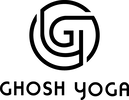
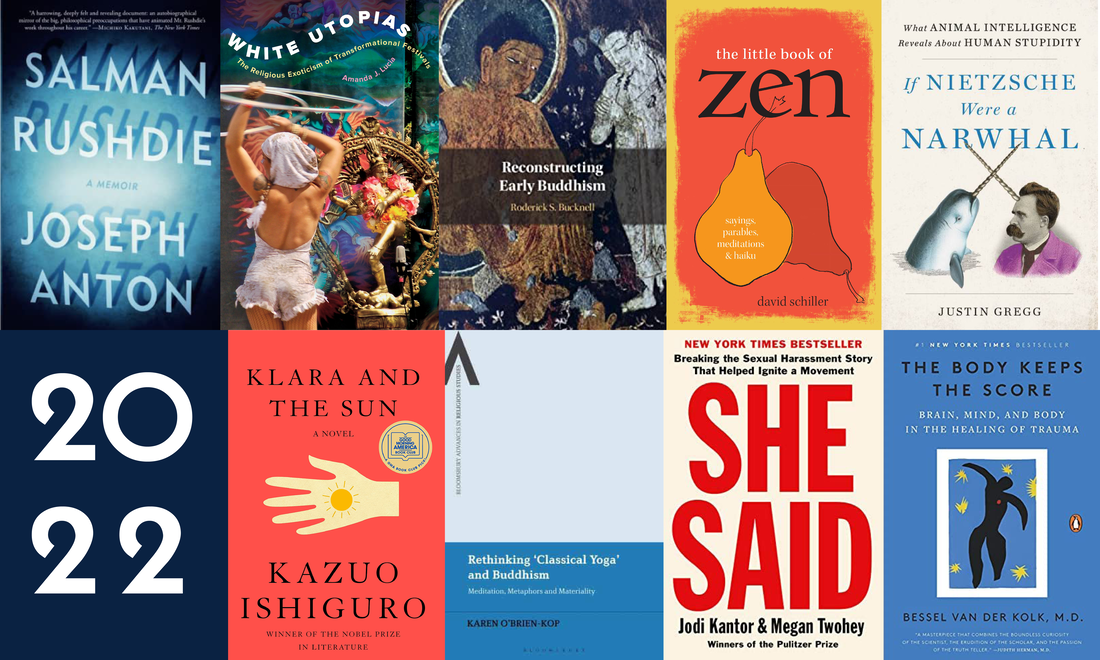
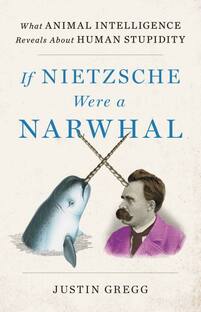
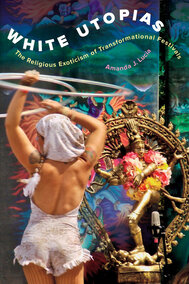
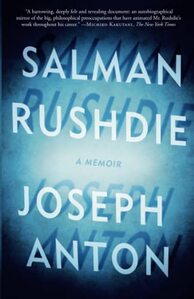
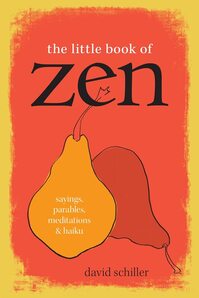
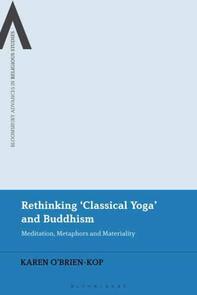
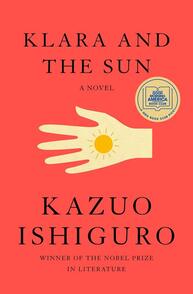
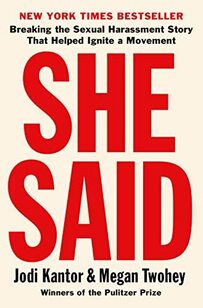
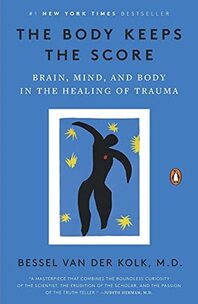
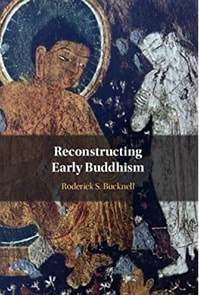
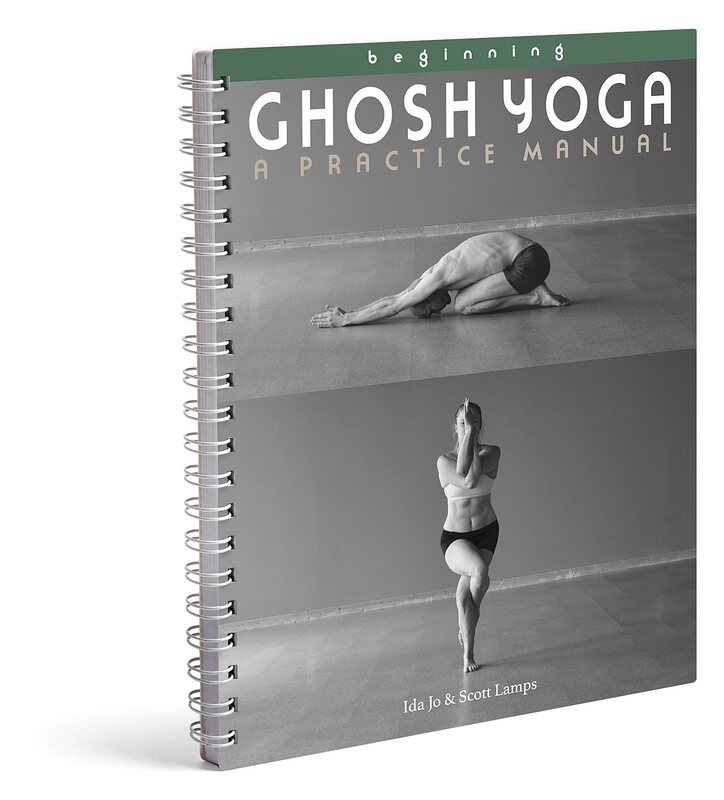
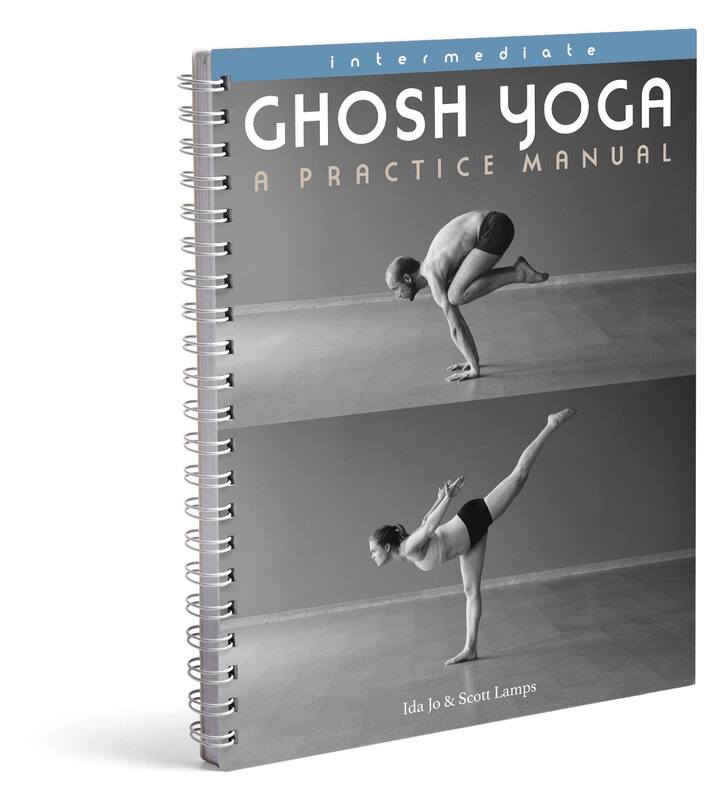
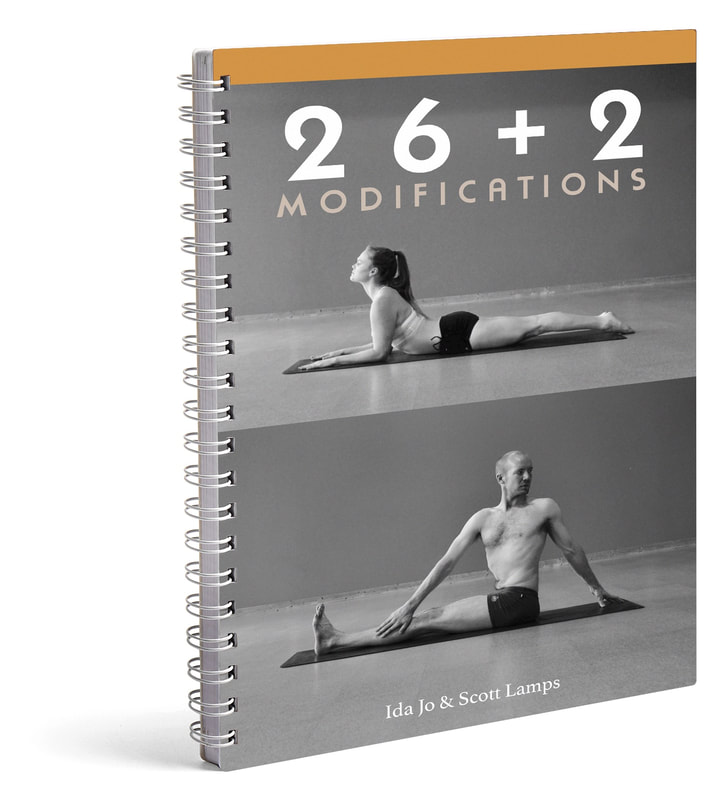
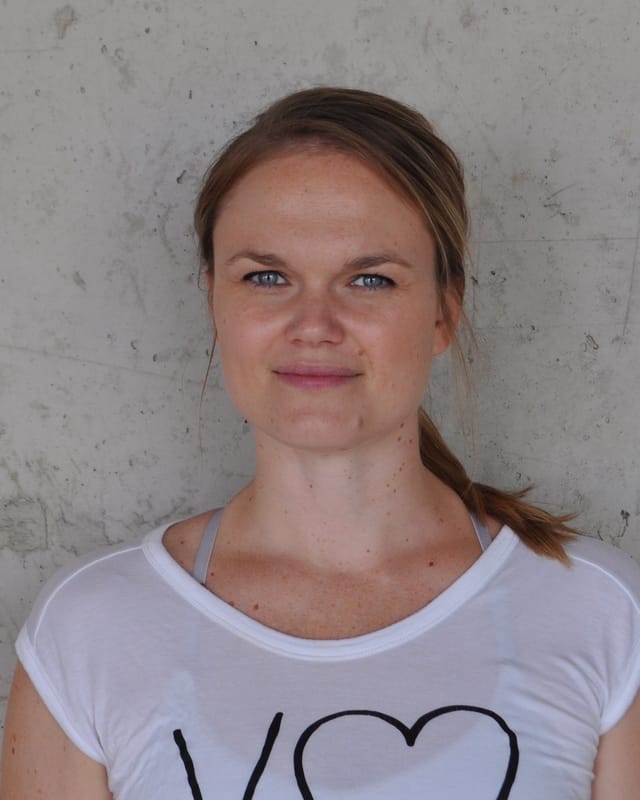
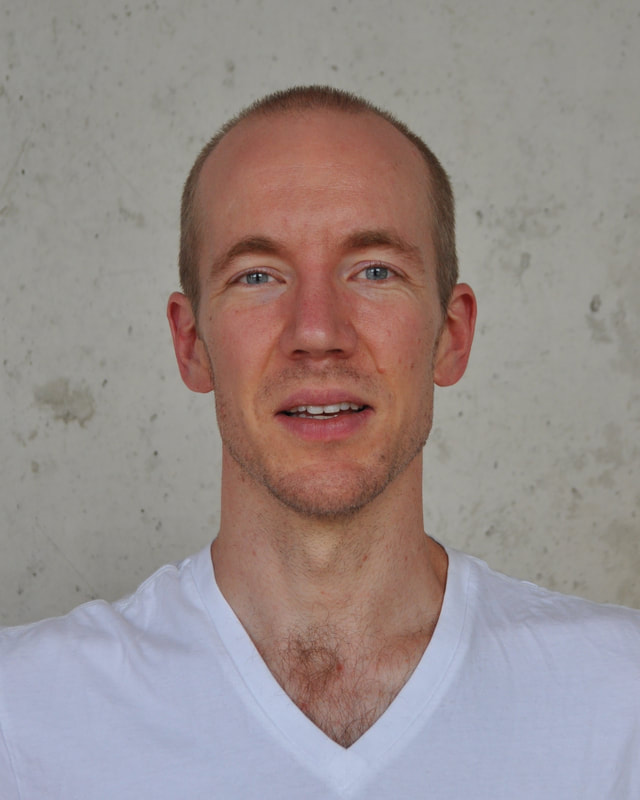
 RSS Feed
RSS Feed